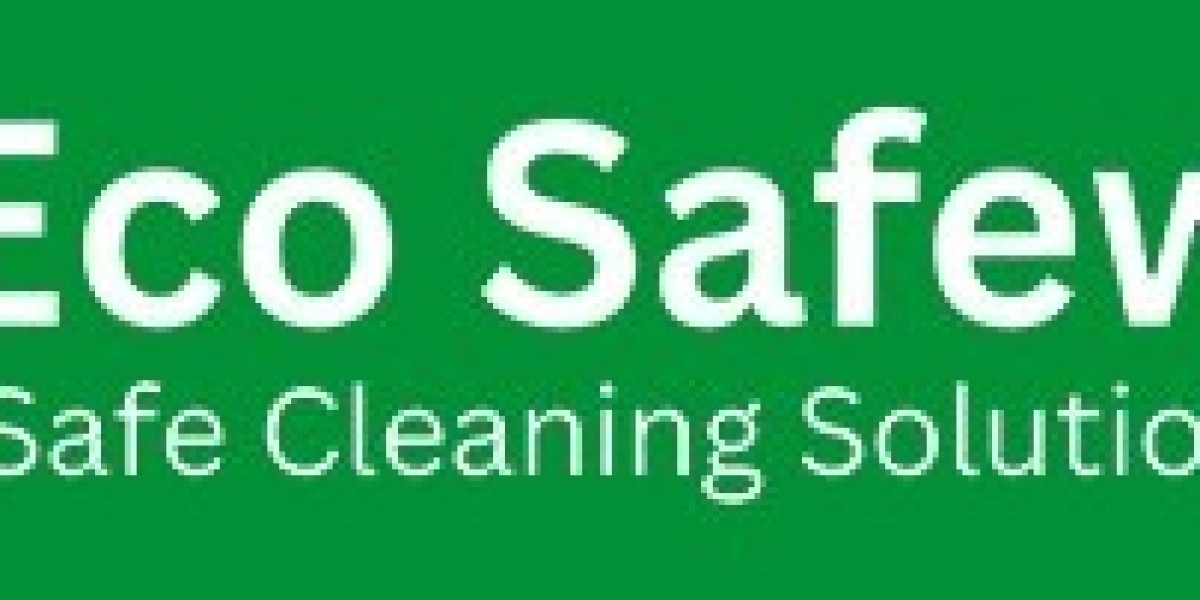Household cleaning products play a vital role in maintaining cleanliness and hygiene in our homes. However, amid their efficacy, many of these products contain a cocktail of chemicals that, while effective at cleaning, pose potential risks to our health and the environment. Understanding these risks sheds light on the importance of making informed choices when selecting cleaning products for our homes.
Numerous cleaning products available on the market contain chemicals that, when used regularly, can have adverse effects on our health. Some common culprits include ammonia, chlorine, phthalates, and volatile organic compounds (VOCs). These chemicals, often found in various cleaners like disinfectants, bleach, air fresheners, and multi-surface cleaners, can pose risks ranging from respiratory issues to more severe long-term health implications.
Ammonia and chlorine, commonly found in window cleaners and bleach, emit strong fumes that can irritate the eyes, throat, and respiratory system. Prolonged exposure or mixing these substances with other cleaners can lead to the formation of toxic gases, potentially causing respiratory distress or exacerbating conditions like asthma.
Phthalates, often present in fragranced cleaning products, serve as hormone disruptors linked to reproductive issues and developmental problems in children. These chemicals, used to enhance fragrance and soften plastics, can leach into the air or skin upon contact, posing risks even after the cleaning process.
Volatile organic compounds (VOCs) are a group of chemicals emitted as gases from certain cleaning products, such as aerosol sprays, disinfectants, and air fresheners. VOC exposure can lead to headaches, dizziness, and irritation of the eyes, nose, and throat. Long-term exposure to high levels of VOCs may also lead to more severe health concerns, including damage to the liver, kidneys, or central nervous system.
The impact of these chemicals extends beyond human health to the environment. When flushed down drains or discarded, many cleaning products containing toxic chemicals end up in waterways, potentially harming aquatic life and disrupting ecosystems. Additionally, the production and disposal of these products contribute to air and water pollution, further exacerbating environmental concerns.
Fortunately, there are safer alternatives available. Many eco-friendly and "green" cleaning products utilize natural ingredients like vinegar, baking soda, essential oils, and plant-based surfactants. These alternatives effectively clean without the use of harsh chemicals, reducing health risks and environmental impact.
Reading product labels and understanding ingredients is crucial in making informed choices about household cleaning products. Look for products labeled as "non-toxic," "fragrance-free," or "eco-friendly." Additionally, certifications from third-party organizations like the Environmental Protection Agency's Safer Choice or Green Seal indicate products that meet specific environmental and health criteria.
Another approach is to opt for DIY cleaning solutions using simple, natural ingredients found in most households. Vinegar, lemon juice, baking soda, and hydrogen peroxide, when combined in different ratios, create effective cleaning agents that can tackle various household cleaning needs without the use of harmful chemicals.
Furthermore, proper ventilation while cleaning can reduce indoor air pollution caused by chemical fumes. Opening windows and using exhaust fans help in dissipating airborne chemicals, minimizing exposure and promoting a healthier indoor environment.
For More Info:-
Marine Heat Exchanger Cleaning








